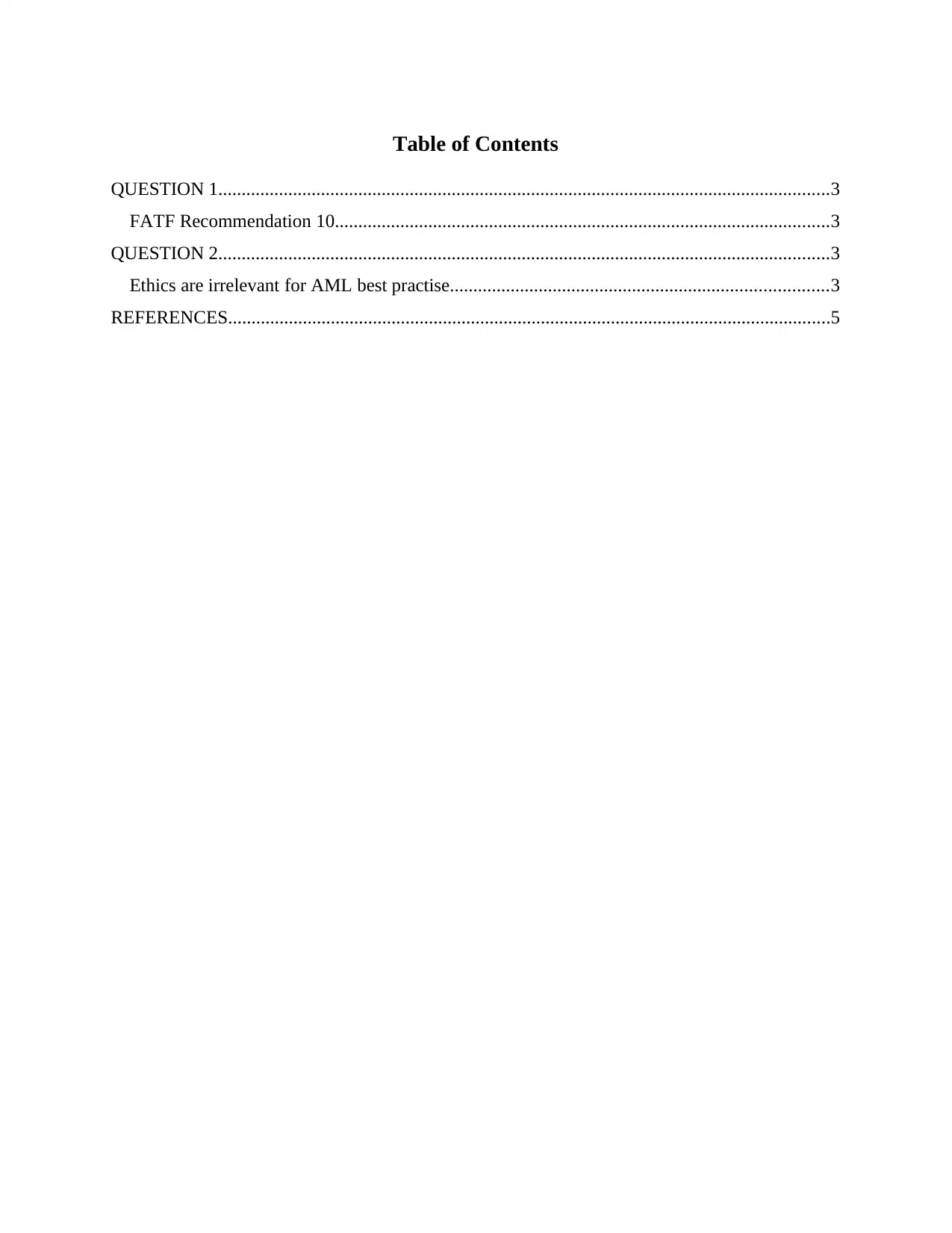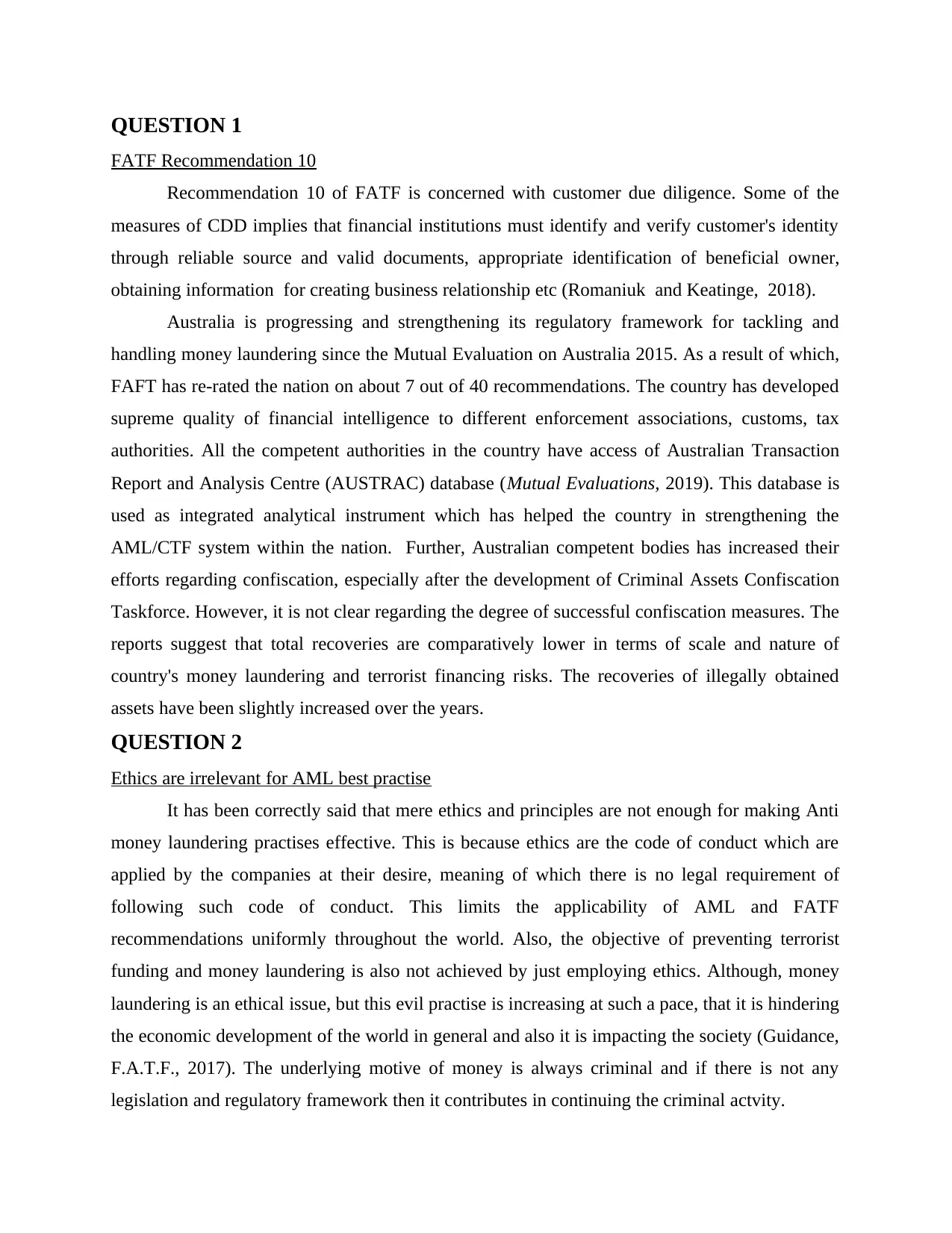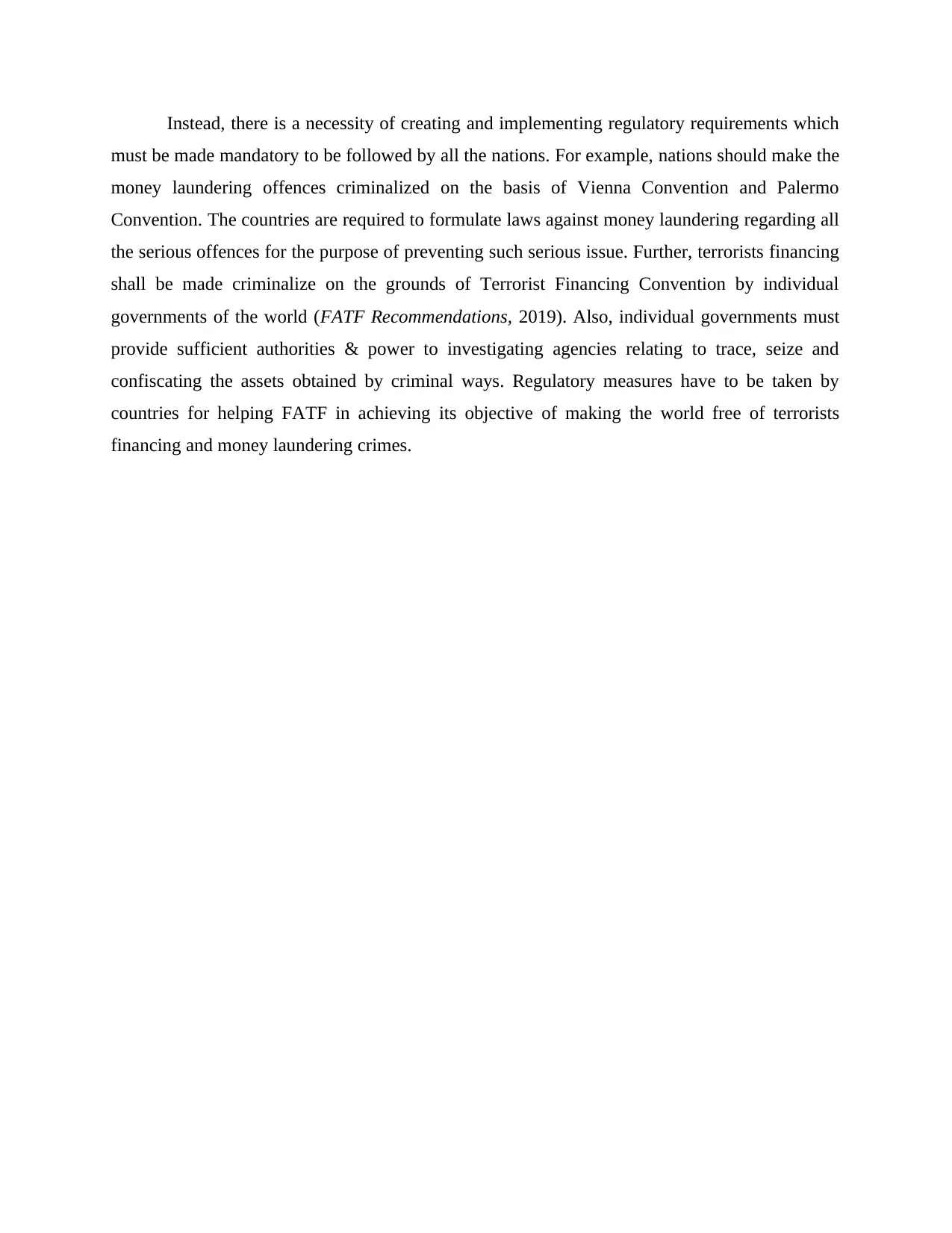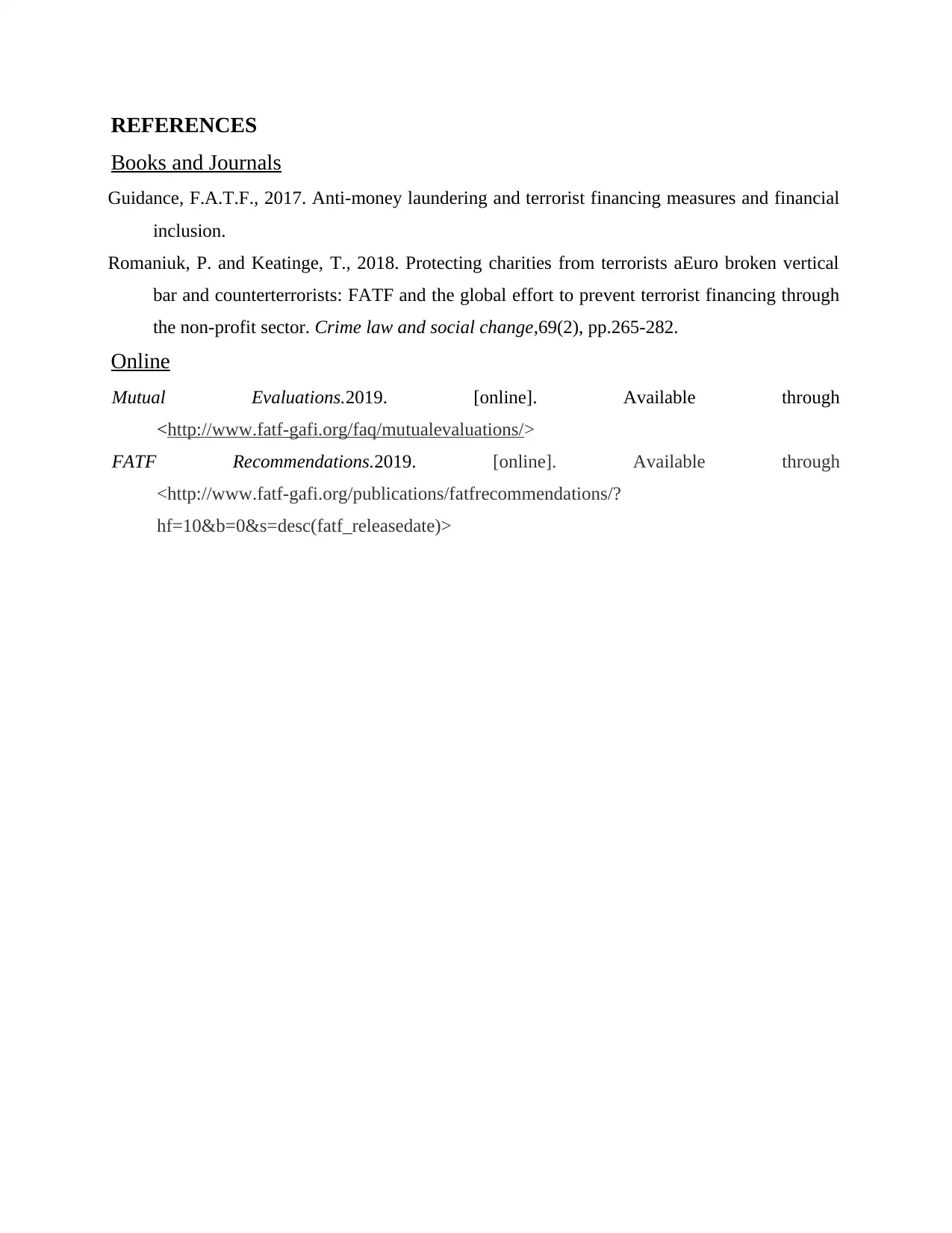Discussion on FATF Recommendation 10 and Ethics in AML Practices
VerifiedAdded on 2021/02/20
|8
|701
|74
Discussion Board Post
AI Summary
This discussion post delves into the critical aspects of Anti-Money Laundering (AML) practices, focusing on FATF Recommendation 10 concerning customer due diligence. The post highlights the importance of identifying and verifying customer identities and beneficial owners, referencing Australia's efforts in strengthening its AML/CTF system through AUSTRAC. It contrasts the effectiveness of ethical considerations versus regulatory frameworks in combating money laundering and terrorist financing, arguing for the necessity of mandatory legal requirements, such as criminalizing money laundering and terrorist financing based on international conventions. The post emphasizes the need for governments to provide sufficient power to investigating agencies to trace, seize, and confiscate assets obtained through criminal activities, advocating for regulatory measures to support FATF's objectives in eradicating financial crimes. The discussion includes references to relevant publications and guidelines, providing a comprehensive overview of the topic.
1 out of 8









![[object Object]](/_next/static/media/star-bottom.7253800d.svg)